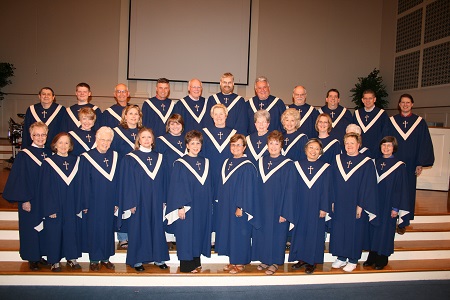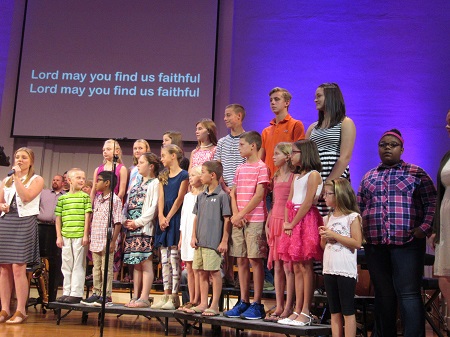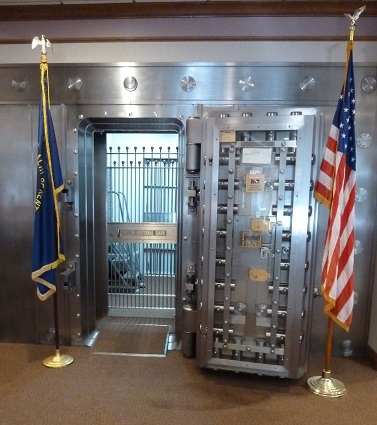Forever and a Day
 Thousands of people hike the twenty-one-mile Rim to Rim Grand Canyon trail. They probably feel like it takes forever and a day during the heat of summer. The trail includes a one-mile hike down and another up. Most hikers require an overnight stay in the canyon. The park suggests most visitors not try that trail in the hottest weather. Temperatures reach over 100° F.
Thousands of people hike the twenty-one-mile Rim to Rim Grand Canyon trail. They probably feel like it takes forever and a day during the heat of summer. The trail includes a one-mile hike down and another up. Most hikers require an overnight stay in the canyon. The park suggests most visitors not try that trail in the hottest weather. Temperatures reach over 100° F.
Forever and a day means a long time.
Forever is eternal or always. It will never end, so we cannot add time to it. Forever and a day simply adds emphasis. It exaggerates the idea.
We wish some experiences would end quickly.
They feel like they last forever.
- Illness
- Tests
- Boring speeches
- Workdays when we want to go home
We look for the light at the end of the tunnel.
We wish other experiences would last forever.
- Favorite vacations
- Love for family
- Fun with friends
All who follow Jesus have an eternal home in heaven.
- Time without end in perfect peace with God
- No more sorrow or pain (or boring speeches)
- Joy beyond anything we can imagine.
At the end of the road, we have no better way to spend forever and a day.
“After that, we who are still alive and are left will be caught up together with them in the clouds to meet the Lord in the air. And so we will be with the Lord forever” (1 Thessalonians 4:17 NIV).
Thanks to Janna Babak for the suggestion.
Do you have an expression you want explained or a thought about this one? If so, please comment below.
Subscribe to receive my weekly posts by email and receive a free copy of “Words of Hope for Days that Hurt.”
If you enjoyed this post, please share it with your friends.



 Pastors don’t need to convince believers to accept Jesus. That would be like preaching to the choir.
Pastors don’t need to convince believers to accept Jesus. That would be like preaching to the choir.  To spread a message, the messenger must go to those who:
To spread a message, the messenger must go to those who: Of course, people enjoy sharing the same beliefs. Choir members sing and praise God with other believers. True worship makes them
Of course, people enjoy sharing the same beliefs. Choir members sing and praise God with other believers. True worship makes them  If someone pays us by check, we take it to the bank. The check promises money.
If someone pays us by check, we take it to the bank. The check promises money. My sister-in-law recently described a pie to die for. She told how it:
My sister-in-law recently described a pie to die for. She told how it: Joe Hill wrote about pie in the sky in his 1911 song,
Joe Hill wrote about pie in the sky in his 1911 song,  Deck the Halls is a traditional Christmas and New Year’s song.
Deck the Halls is a traditional Christmas and New Year’s song. “You described my life to a T.” That was Judith Coopey’s response to one of my blog posts. As soon as I read her words, I knew I had to write about them.
“You described my life to a T.” That was Judith Coopey’s response to one of my blog posts. As soon as I read her words, I knew I had to write about them.